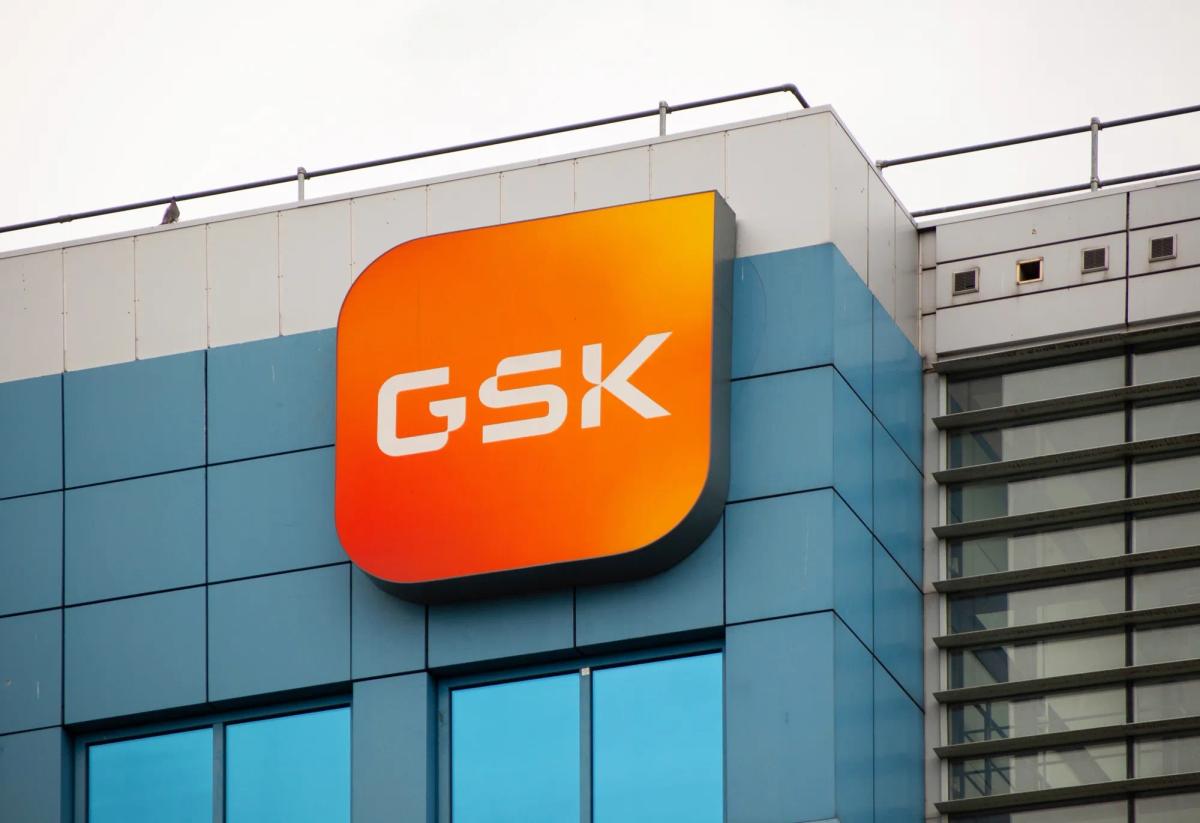In a landmark settlement, pharmaceutical giant GlaxoSmithKline (GSK) has agreed to pay $2.2 billion to settle approximately 80,000 Zantac lawsuits.
The lawsuits allege that Zantac, a popular heartburn drug, contained a probable carcinogen called N-Nitrosodimethylamine (NDMA), putting consumers at risk for several types of cancer.
The settlement is significant in the ongoing litigation surrounding Zantac and ranitidine-based products.

How the Heartburn Drug May Cause Cancer
At the heart of the Zantac lawsuits is the connection between ranitidine, the active ingredient in Zantac, and the formation of NDMA.
Research has shown that ranitidine can break down over time or when exposed to high temperatures, leading to the creation of NDMA, a substance classified as a probable human carcinogen by the World Health Organization.
Studies have linked NDMA exposure to an increased risk of several types of cancer, including:
- Stomach cancer
- Liver cancer
- Bladder cancer
- Pancreatic cancer
- Esophageal cancer
Plaintiffs in the Zantac lawsuits allege that long-term use of the medication led to the development of these and other cancers.
They argue that GSK and other manufacturers failed to test their products properly, ignored signs of danger, and did not provide adequate warnings to consumers and healthcare providers.
Timeline of the Zantac Controversy
The Zantac lawsuits have been a major legal battleground since 2019, when the U.S. Food and Drug Administration (FDA) issued a warning about the potential presence of NDMA in ranitidine medications.
Since then, Zantac litigation has been building for several years, with key events including:
- June 2019: Online pharmacy Valisure detects NDMA in ranitidine samples and petitions the FDA to investigate.
- September 2019: FDA confirms the presence of NDMA in some ranitidine products and launches an investigation.
- October 2019: Several manufacturers, including GSK, voluntarily recall Zantac and generic ranitidine products.
- April 2020: FDA requests to remove all ranitidine products from the market due to concerns about NDMA contamination.
- June 2020: Zantac MDL (multidistrict litigation) is formed in the Southern District of Florida to consolidate federal lawsuits.
- February 2022: First bellwether trials in the Zantac MDL are scheduled to begin.
- December 2022: A Southern District of Florida judge excludes all plaintiffs’ expert witnesses, eventually leading to the dismissal of more than 50,000 federal cases and the MDL’s collapse.
- October 2024: GSK announces a $2.2 billion settlement to resolve most Zantac lawsuits.
The settlement comes after extensive litigation, including consolidated proceedings in federal and state courts. The resolution of these cases marks a significant victory for plaintiffs seeking compensation for their injuries—particularly following the MDL’s dissolution.
Breaking Down the GSK Zantac Lawsuit Settlement
Under the settlement terms, GSK will pay up to $2.2 billion to resolve approximately 80,000 Zantac lawsuits pending in U.S. state courts.
Structured payout
The courts will structure the settlement to allow GSK to spread out the payments over several years, reducing the immediate financial impact on the company.
Federal claims excluded
The settlement resolves about 93% of the state court cases currently pending against GSK but does not cover all Zantac lawsuits. Though the federal MDL was dismissed in 2022, some federal claims outside the MDL and lawsuits against other manufacturers remain ongoing. GSK has also agreed to pay an additional $70 million to settle a related whistleblower lawsuit filed by a Connecticut laboratory.
GSK admits no wrongdoing
The manufacturer maintains that there is "no consistent or reliable evidence" that Zantac increases the risk of cancer. Instead, GSK affirms it based its decision to settle on a desire to "avoid further litigation costs and uncertainty," allowing the pharmaceutical corporation to focus on its long-term interests.
The Future of Zantac Litigation
While the GSK settlement is a significant development, it does not mark the end of the Zantac litigation. Thousands of related lawsuits against other ranitidine drug manufacturers remain unresolved, underscoring the massive legal upheaval surrounding this once-trusted heartburn medication.
Similar cases
Other drug producers, such as Pfizer, Sanofi, Boehringer Ingelheim, and Pantheon Manufacturing Services, also face lawsuits alleging that their ranitidine products caused cancer.
Some of these companies have already reached settlements, while others continue to defend against the claims in court. Recent related case highlights include:
- June 22, 2025: Against ranitidine manufacturers’ wishes, a Connecticut judge intends to uphold a Zantac case filed by a deceased man’s estate.
- June 17, 2025: A Nebraska plaintiff filed a lawsuit in Delaware, alleging that ranitidine products manufactured by Boehringer Ingelheim and Pantheon Manufacturing Services caused his prostate cancer.
- June 6, 2025: A New Jersey plaintiff filed a lawsuit against GSK, Pfizer, Sanofi, Boehringer Ingelheim, and Pantheon Manufacturing Services regarding the companies’ brand-name and generic ranitidine medications. Filed in the Delaware Superior Court, the lawsuit alleges the medications caused the plaintiff’s kidney, bladder, and prostate cancers.
- May 29, 2025: Sanofi filed a motion to dismiss nine ranitidine cases in Connecticut State Court, citing jurisdiction issues. Though Sanofi is not based in Connecticut, plaintiffs defend the lawsuits’ validity, highlighting the company’s strong presence in the state. A ruling is pending.
- April 24, 2025: A lawsuit was filed in Delaware Superior Court by a Maryland resident who states his prostate cancer was caused by the use of ranitidine drugs manufactured by Boehringer Ingelheim, Sanofi, and Pantheon Manufacturing Services.
Federal and state cases
In December 2022, the Zantac MDL took a major blow when Southern District of Florida Judge Robin Rosenberg excluded all plaintiffs’ expert witnesses, ruling they failed to prove Zantac caused cancer. This decision led to the dismissal of all cases in the federal MDL, leading to its collapse.
The federal court may have put a stop to the Zantac MDL, but plaintiffs’ fight didn’t end there. Following Judge Rosenberg’s groundbreaking ruling, more patients began banding together by filing individual ranitidine lawsuits in state courts, including California, Pennsylvania, and Delaware. Judges in those states later consolidated these cases to streamline proceedings, a process sometimes referred to as a “mini-MDL.”
In many cases, state courts have proven to be more favorable to Zantac plaintiffs than the federal MDL. State courts typically have laxer expert testimony standards and give plaintiffs access to local juries, which often sympathize with individuals over corporations.
Early trial outcomes will help shape the future of the litigation and may influence potential settlements by other manufacturers. Updates on each state’s key court proceedings include:
- California mini-MDL: Ranitidine lawsuits are well underway in California, where several manufacturers—including GSK—have reached settlements with plaintiffs. Upcoming trial dates are still being finalized.
- Pennsylvania mini-MDL: Even following the end of the federal MDL, Pennsylvania plaintiffs refused to back down and continued filing claims in state-level courts. Though there is a potential for settlement in some cases, others are progressing toward trial.
- Delaware mini-MDL: A recent Daubert hearing—used to assess the admissibility of expert witness testimony ahead of trial—was held in Delaware state court. A ruling has yet to be issued and will determine how the lawsuits will move forward.
The Road Ahead for Plaintiffs
Despite legal hurdles, hope is alive and well for individuals harmed by Zantac. With the help of experienced attorneys, those affected by ranitidine-based heartburn drugs continue to seek justice for the harm caused by some of the world’s most powerful pharmaceutical companies.
The $2.2 billion GSK settlement proves that meaningful compensation is possible. As state court judges continue to allow cases to move forward, corporate giants like Sanofi, Pfizer, Boehringer Ingelheim, and Pantheon Manufacturing Services are under growing pressure to resolve the claims.




Add Comment